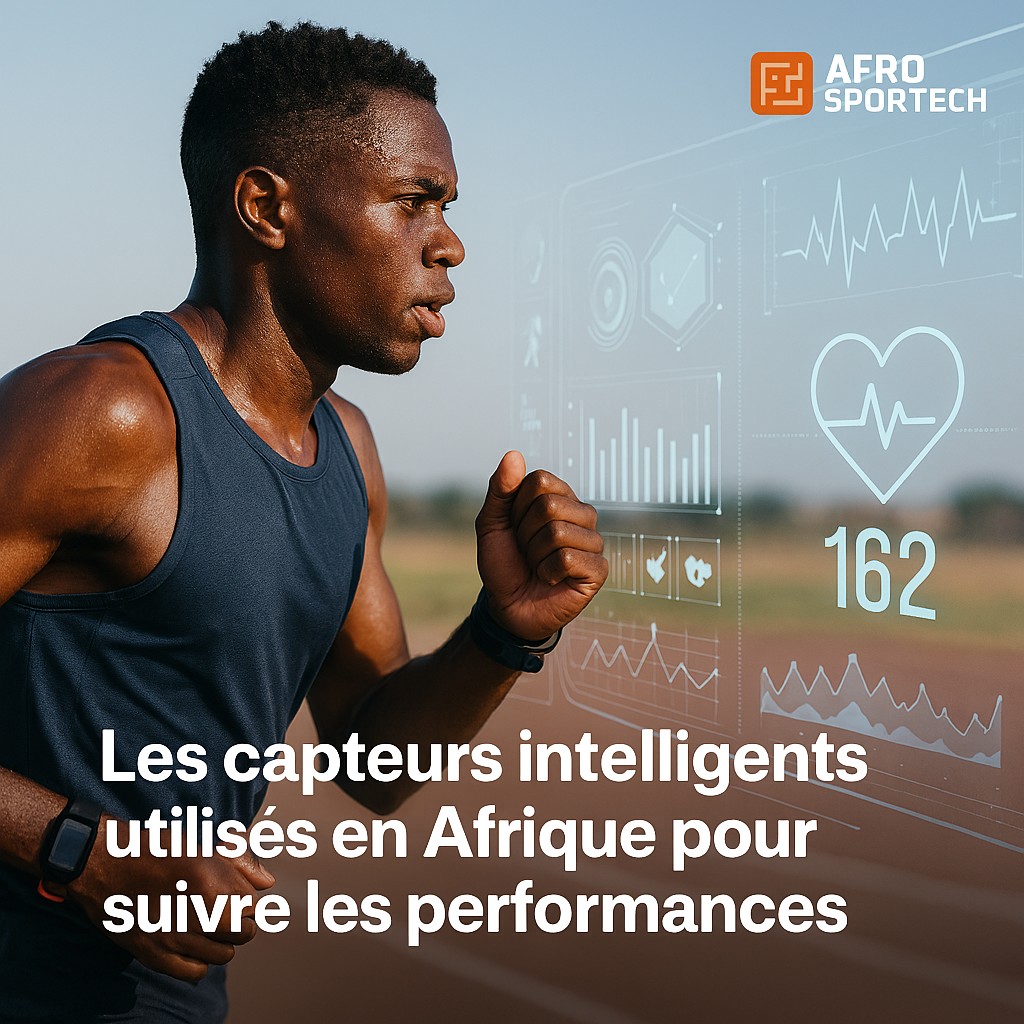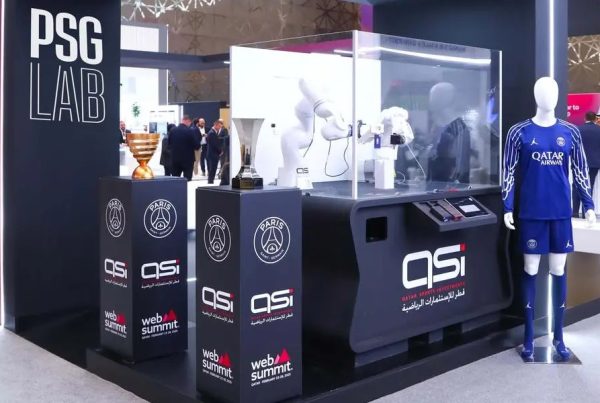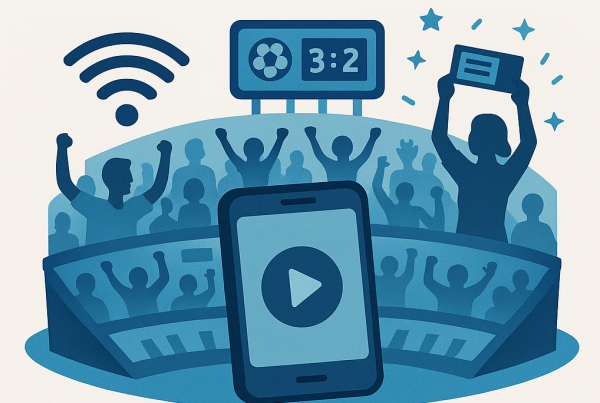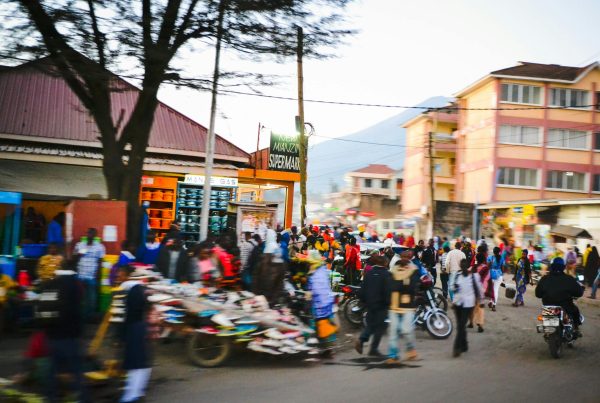More and more smart sensors are being used in Africa to track athletes' performances, and it's an interesting novelty.
Watches and phones have changed the way athletes train. In Africa, many athletes use connected devices. With these new devices, athletes can train better, avoid injuries, and improve their performance.
A tool reserved for lucky people.
At first, GPS, heart rate monitors and body analysers were only used by professional sports clubs in Europe and North America. Now, anyone can use them. Now, these devices are cheaper in stores near you or in supermarkets.
It is important to keep track of things.
Sensors are very useful for coaches. They quickly provide information on distance, effort, speeds, and fatigue. This information helps to train better and quickly spot fatigue.
Easy-to-understand examples in Africa.
In Kenya, athletes use smartwatches to track their speed and altitude during training. In South Africa, football schools often put GPS trackers on young players' clothing to monitor their performance.
Restrictions include limits on money, knowledge to be gained, and relationships to be built.
There are still problems, even though progress has been made: few people know how to analyse data, some places don't have Internet, and costs are too high for small clubs. But with free solutions and funding, these problems seem to be getting sorted.
Connected sensors are no longer as fascinating, but they are now seen as essential in a good strategy. These devices ensure that sports facilities in Africa meet international standards.
There are more devices in Africa to track athletes' performances.
The new wearable technologies have greatly changed the way athletes train. In Africa, many athletes use sensors to train better, avoid injuries, and improve their performance.
A technology for the rich.
Before, devices like GPS, heart rate monitors, and body analysers were only used by professional teams in Europe or North America. They have been simplified. Today, these instruments cost less thanks to local companies or importers.
Getting personal help: that's a key moment.
The sensors help coaches by providing them with real-time data on distance, effort, speed, and fatigue. This information helps to change the exercises and quickly recognise fatigue.
Concrete examples in Africa.
In Kenya, athletes use watches and apps to monitor their speed and altitude during training. Young footballers in South Africa use GPS in football schools.
You have to think about the expenses, the training, and the access to the network.
Even though there has been progress, there are still problems: there is not enough training to analyse the data, some regions do not have Internet, and the prices are too expensive for small clubs. Offering free solutions and financial aid can help solve these problems.
Connected sensors are no longer popular, but they are now essential for strategy. These devices help sports facilities in Africa meet international standards.









